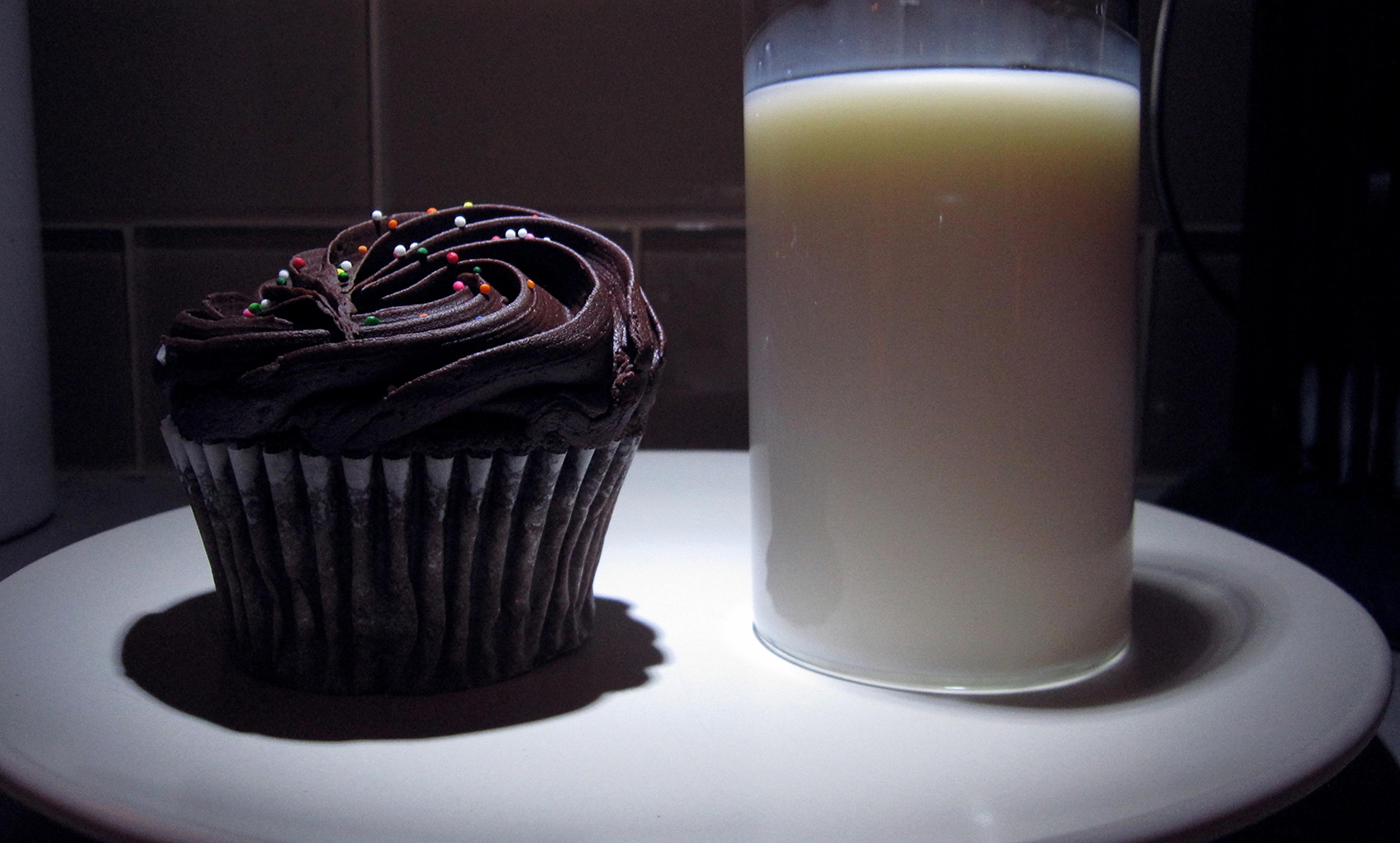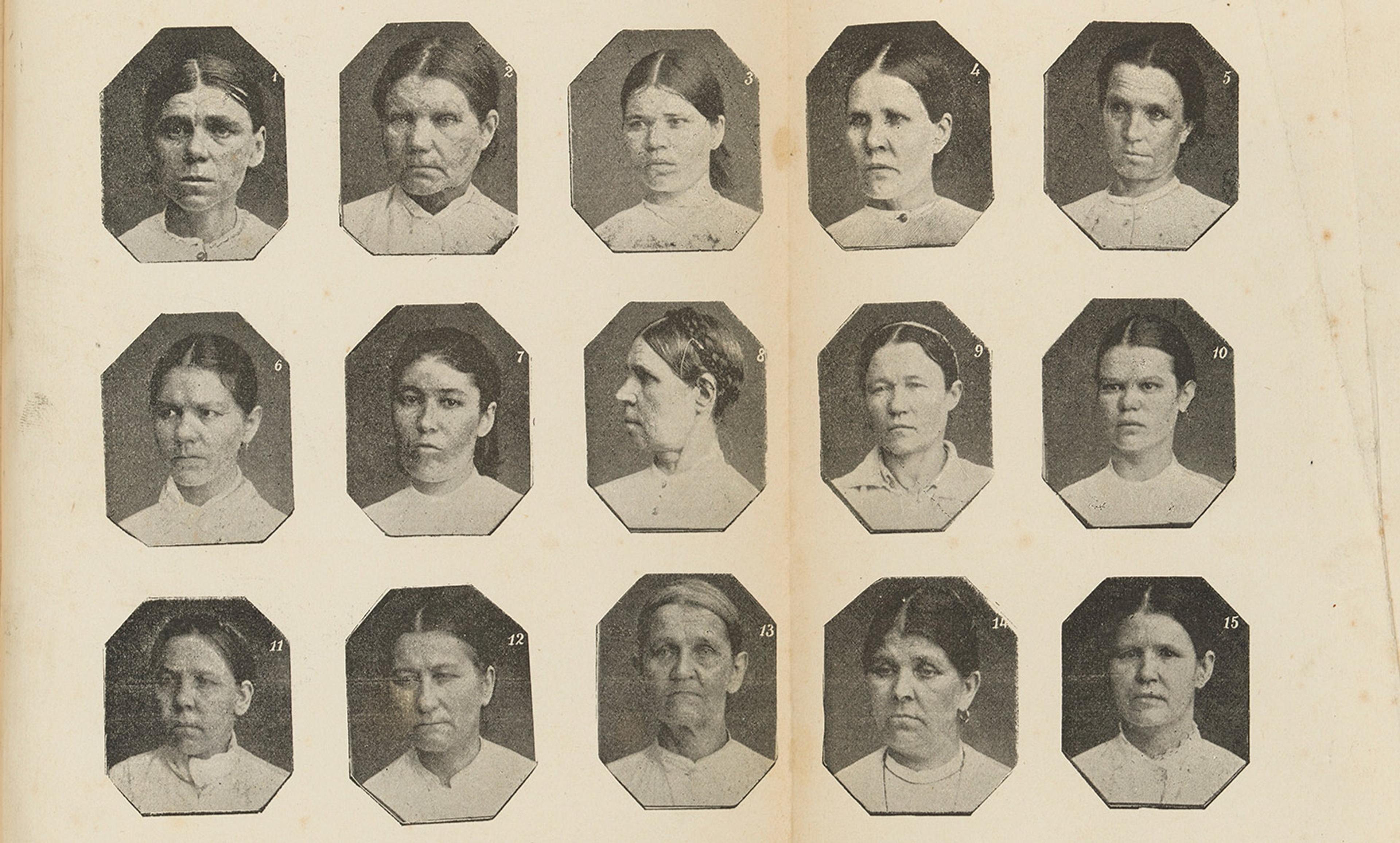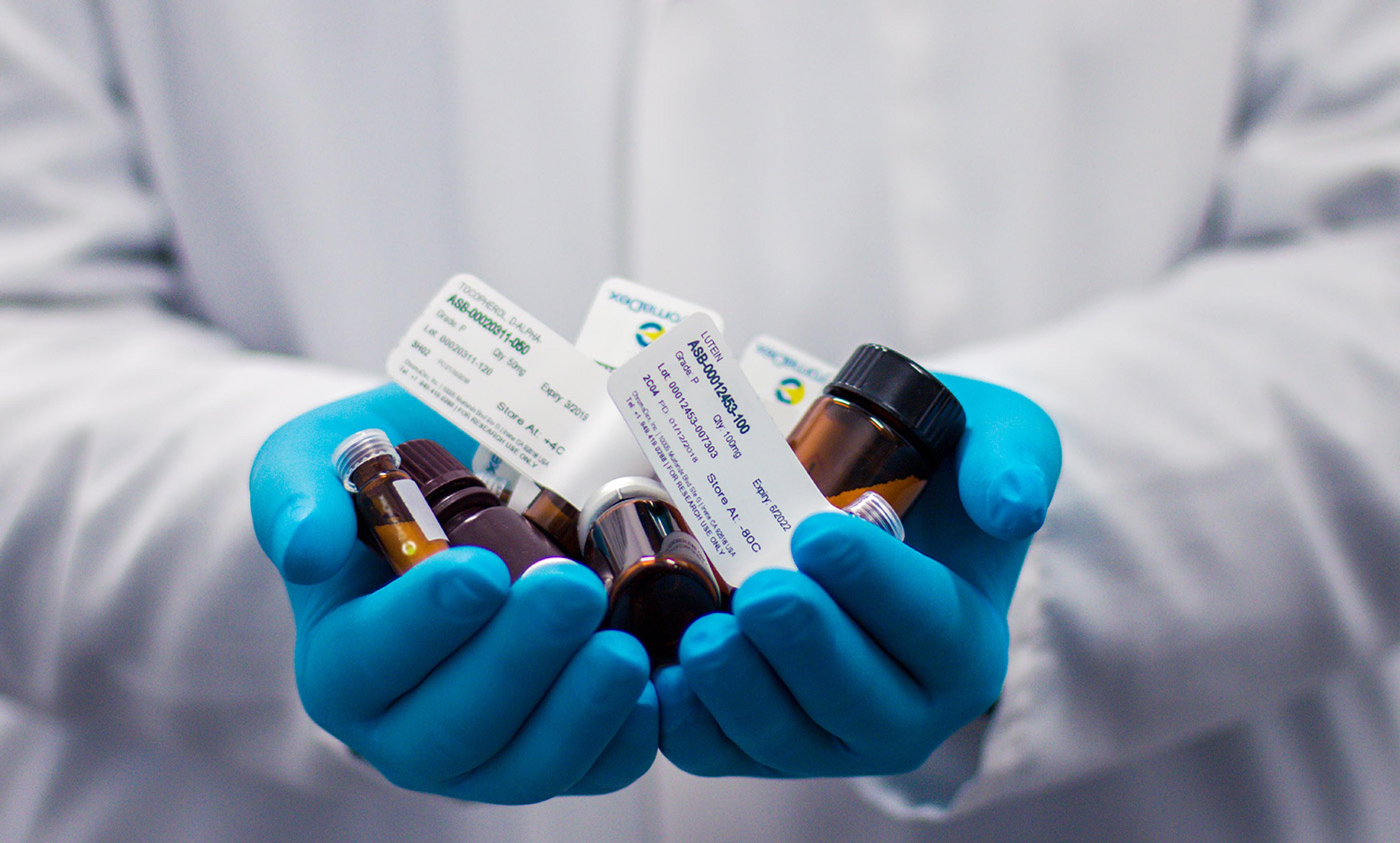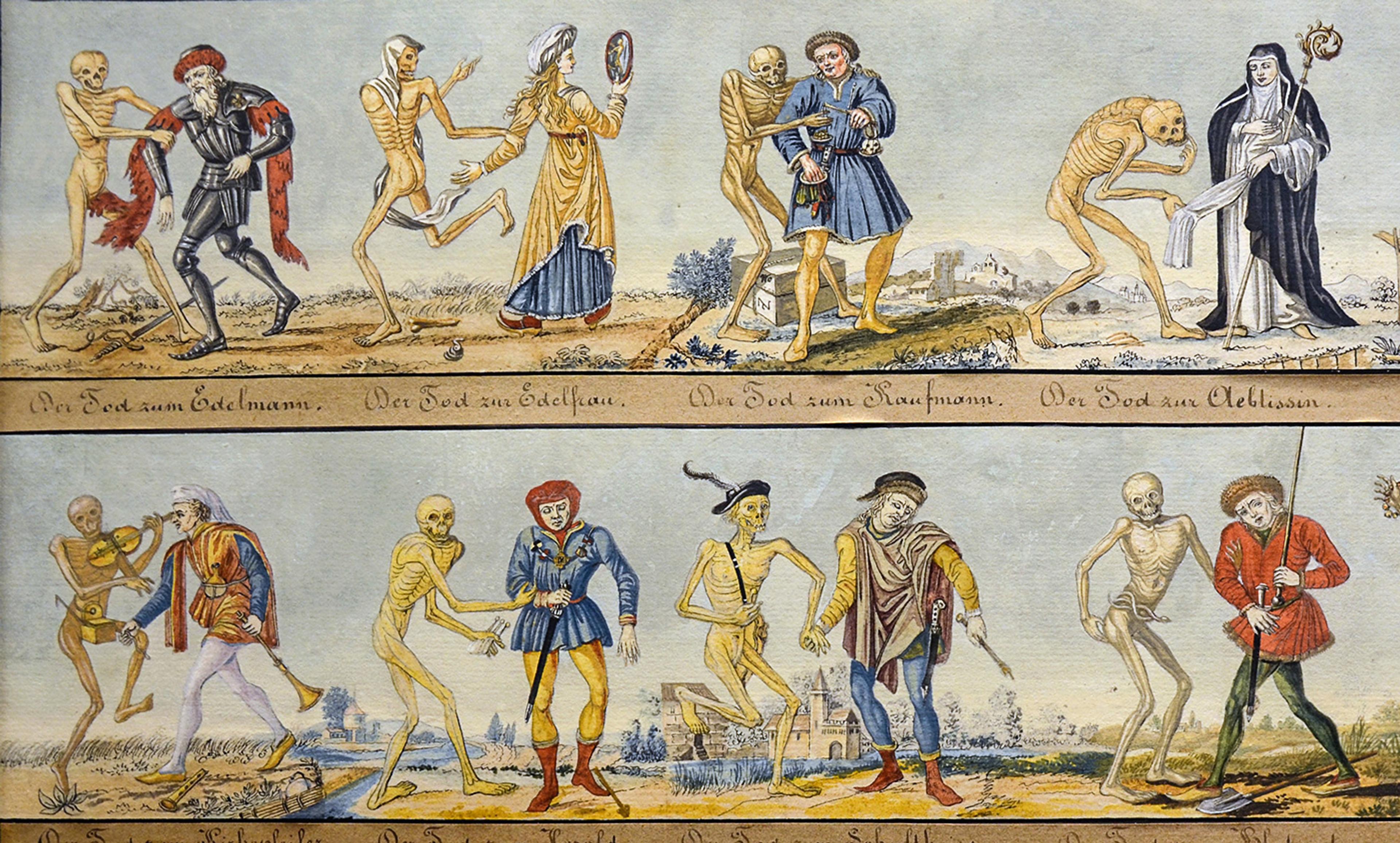
Karen/Flickr
One morning in November, two weeks away from a book deadline, my husband suggested in his blunt Australian manner that I had better get on the scale.
Weighing myself is not something I do often. As a young teenager I loathed my body type, and hid my curves and fleshy thighs with oversized T-shirts and baggy pants. A mentoring adult friend at my 11th grade high school internship introduced me to wiggle dresses and pin-up sweaters, and then things got fun.
True obesity has never been an issue, but several times I’ve packed on unhealthy weight when distressed. After a 2001 miscarriage that occurred during a hyperactive film schedule, I was afraid to exert myself no matter how many times I was told the foetus had probably never been viable. The next pregnancy, I signed on for a desk job and ate so much ice cream to ride out the fear that I would miscarry again that my noteworthy weight-gain took two years to take off.
Just when I was back to my American size 8, my mother was diagnosed with cancer. I gained back those lost 50 pounds I had thought were gone for good, 40 of which probably came during the last two months of her battle, from the four blueberry muffins a day I was eating in the hospice cafeteria.
What finally worked was a pep rally from a close and once-heavy friend, who implored me never to diet again, just to change my lifestyle. I gave up sugar, which resulted in an instant drop of 20 pounds, and switched from pizza and burgers to sashimi and sardines, kale and fava beans. I walked enough to make Thoreau proud.
But now, even eating and exercising well, I had mysteriously gained three sizes in two months.
I stripped and stared at my abdomen.
My mother’s belly bloat was the clue that led to her devastating ovarian cancer diagnosis, and my mind raced to the worst conclusion. My gynaecologist heard my fear and slipped me in for an in-house sonogram the next day at 8am. By the next afternoon I learned that all was clear. She had even taken extra blood for my thyroid levels, which were fine too. It was a stumper. ‘Are you eating a lot?’ No, I assured her, thus my alarm. She suggested a nutritionist.
My husband was glad I had a good medical report, but then revealed he had been picking up empty sugar packets on my side of our bed, which confused him since I’d theatrically sworn off sweets. Now he was ready to tell me he thought he’d heard a mouse in the kitchen the previous night, and had stood there in horror watching me eat breadcrumbs and chick peas with a keynote of tomato sauce, and the rolls were all but gone. I remembered a roll, but rolls?
He had panic-Googled, and was sure I was ‘sleep-eating’.
I laughed, but the next morning Paul had video proof. ‘Would you like to watch yourself eating spoonfuls of flour?’
He picked up a guitar in the foyer and offered an improv parody of the old Romantics hit:
I hear the pretzels that you eat.
When you’re eating in your sleep.
An old high school pal is a leading expert on weight control. Dr Marina Kurian is a New York City bariatric surgeon and medical adviser; her many celebrity clients include Al Roker, who wrote the foreword to her weight-loss book. I pinged Marina on Facebook, and she encouraged me to call after office hours.
‘I have to ask. Are you on Ambien? Because sleep-eating is a classic symptom of folks taking that to get to sleep faster.’
I have always been a deep sleeper. My only medicine is a daily thyroid pill.
After more discussion, Marina felt an unofficial diagnosis veered more towards Nocturnal Sleep-Related Eating Disorder (NS-RED), but if I remembered a roll it could also be attributed to Nocturnal Eating Syndrome (NES), when you are at least partly awake.
Having done way too much hypochondriacal research online, I knew that hormones came into play. When you carried too much weight, the hormone leptin, secreted by excess body fat stored under skin, signalled the brain to stop eating. But those with NES had low overnight leptin levels, and that lead to nightly overeating. Then there was the hormone melatonin, released around bedtime to help you doze. When melatonin levels were low, you could have trouble falling or staying asleep. These people, partly conscious like me, had NS-RED. Their semi-conscious state led them to seek the feel-good neurohormone ‘serotonin’, released when you eat carbohydrates – with scant memory the morning after of what had been consumed.
It was no joke. Both disorders, if left untreated, can lead to hypertension, melancholy and even type 2 diabetes.
Marina punched holes in every possible scary cause I had fearfully researched online: metabolic disorder, early menopause, even Parkinson’s disease. But when I mentioned working crazy hours to make my book deadline, her sigh was worthy of Dr. House. ‘Laurie! You’ve been overly stressed? Now we have a reason. Certain foods can light up your brain and speed weight gain. Starchy foods are like crack for your body, comfort food during anxiety. And I think this is a classic stress conversion into sleep-eating. You may think you’re in charge, but your subconscious is telling you otherwise.’
Calming down for the first time in hours, I mentioned my 13-year-old’s idea: we have a double-doored fridge, and my daughter had suggested buying a cheap bike lock.
To my surprise, Marina thought this was an excellent, drug-free solution.
During the day I ate my usual fish and fruit and legumes and greens. Every night at 8 o’clock my husband snaked the $20 lock from Frank’s Bike Shop through the handles and hid the key – everything went in that I could scarf, every last banana, even oatmeal packets from the topmost cupboard. The weight came off fast.
For now, I’m back to my fleshy but fit body without ever going to the gym. I’m just walking around New York and not eating junk.
But I’m keeping that refrigerator lock on until my book is released in 2017, and then we will see. The brain wants what the brain wants, especially when stressed, and there’s no shame in a little mechanical help. My daughter is embarrassed for me, but it gets the job done.





